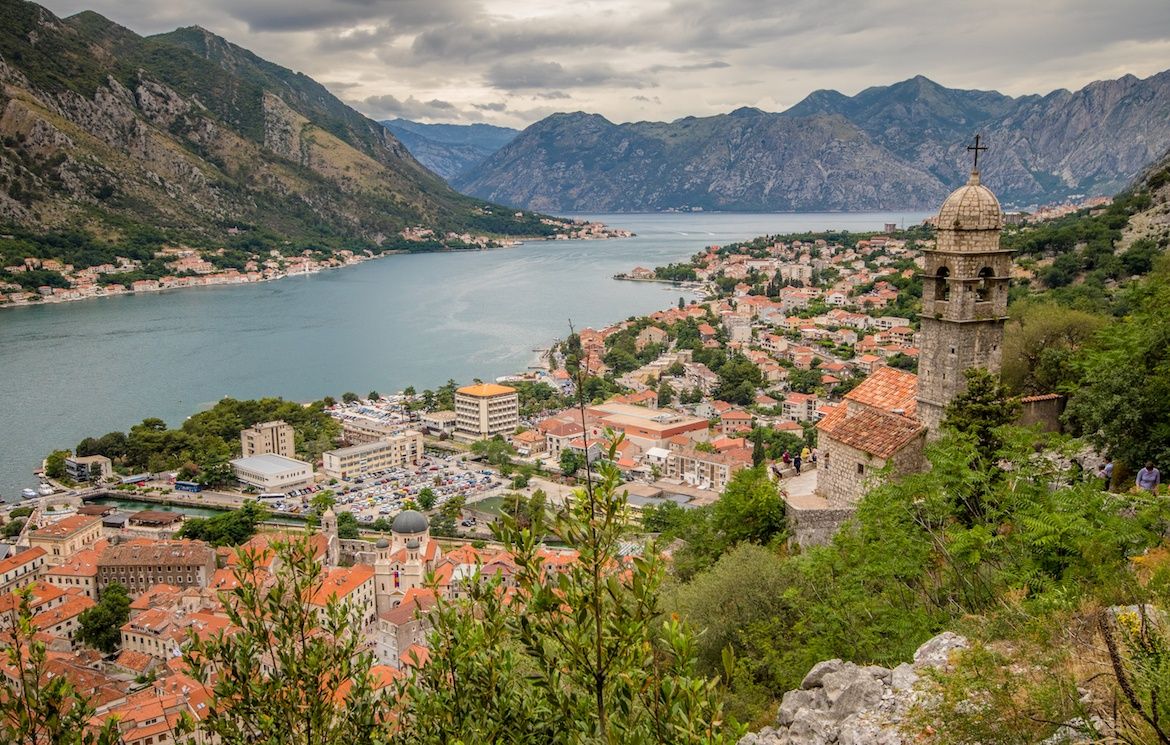This is the Remotely Serious Newsletter — Back To School Edition.
It’s the remote work newsletter from Remotely Serious, written by Curtis Duggan.
🛰 📡Starlink, Amazon, and others are racing to fill the sky with Internet

Have you noticed something strange in your neighborhood? It might be a trail of satellites launched by Starlink, the satellite internet constellation program pioneered by SpaceX.
Starlink is the most famous provider of this new satellite-based Internet, but other companies are also in the race.
The satellites that Starlink launches allow it to beam Internet coverage down from the sky.
Despite the already-quite-magical value proposition of modern cell phone data and WiFi coverage, the delivery of most of the Internet coverage we rely on is still landlocked to cell phone towers, fiber-optic cables, and routers.
And when a part of the network goes down, it can be very frustrating.
Starlink makes getting Internet coverage as simple as having a satellite dish and access to the sky. While putting a dish on the roof may seem like even more work than installing a modem and a router — what this method of Internet coverage provides is more sovereignty and vastly more coverage.
The concept of Internet sovereignty refers to the fact that, so long as you have a satellite dish, it is much harder for governments to simply turn off your Internet. For instance, the Ukrainian armed forces used Starlink in the early parts of the war in ways that Russia simply could not block.
These satellites can bathe millions of square miles of territory around the Earth in the glow of high-speed Internet where previously there was no coverage at all.
Right now, in the West, Starlink coverage is likely overpriced and uncompetitive with regular 5G and high-speed fiber Internet from your national telecommunications company.
But for remote workers and digital nomads, Starlink's Internet-everywhere-all-at-once will allow locations that were simply not feasible for productive work to emerge as new workation playgrounds.
Places like:

- RVs in the middle of rural America, where there is slow or no cell coverage
- Hill towns in rustic regions of central Italy, looking for repopulation
- Sailboats in the Pacific Ocean
- Islands around the world that previously didn't have WiFi
- Poorer countries who simply couldn't afford the infrastructure costs to deliver high-speed Internet the traditional way

Tirana Digital Nomad Festival kicks off in Albania
The folks working in tourism in Albania are doing something that has served places like Lisbon and Bansko well in the recent past: they're hosting a prominent digital nomad event.
Tirana Digital Nomad Festival is occurring this week in Albania's capital (which is pronounced the way Canadians say 'Toronto').
Albania lies along a continuum of neighboring countries on the Adriatic Sea that are all looking to position themselves as remote work destinations. Albania is between Croatia and Montenegro in the Balkans and Macedonia and Greece further southeast.
Not known historically as a tourist destination to the West, the government and private advocates have done work recently to help it compete with its neighbors as a nomad destination.
The climate in Albania is similar to Croatia and Greece. You can expect palm trees, hot summers, generally mild winters, and access to beaches and mountains.
Here are some tweets from the conference, which is already underway:
Some great content on VC startup funding, public transport, Smart Cities and more already at the Tirana Digital Nomad Festival. #tiranadigitalnomadfestival pic.twitter.com/buuQsgOTMy
— Mark Phillips (@iMarkPhillips) September 14, 2022
"Tirana Digital Nomads Festival 2022"
— Oficina | Innovation Hub (@Oficina_Albania) September 14, 2022
Congrants to @tiranaeyc and @CityOfTirana for organizing this digital festival. Thank you for making us part of it! pic.twitter.com/NDWHtkCAja
I love that the city of Tirana published an official guide book to their city for digital nomads. Things like this make such a positive, big difference for attracting more digital nomads to a destination. Great job! @digitalnomads22
— Mita Carriman ✈️ (@mitacarriman) September 14, 2022
cc @adventurely https://t.co/a1YyPOFCbV
While the attendance at conferences like this one is usually modest, I expect numbers to grow considerably in future years, buoyed by the overall interest in remote work.
In the same way that private companies like Apple, Salesforce, and Electronic Arts have annual gatherings to drum up consumer support — cities with annual remote worker conferences will be able to advertise their city to attendees.
Someone who enjoys a city after spending 2-3 days exploring it may just decide to come and spend six months there the next time they go.

📃👩🏽⚖️ Airbnb releases white paper on government policies for remote workers
Airbnb stands to gain from the massive increase in workers choosing to work around the world. They have already adopted a work-from-anywhere philosophy internally, and their flagship platform enables people to find accommodations around the world.
Promoting policies and making points similar to those of other digital nomad thought leaders, Airbnb weighed in with a white paper on how governments can better position remote work and digital nomad programs.
Fast Company reports on some of the recommendations of the white paper:
- Adopt remote worker visa programs to allow remote workers to reside and work within a country legally
- Streamline and simplify the application process
- Offer remote worker visas that last longer than one year
- Provide expedited approvals (under three weeks) and discounted application rates
- Limit the requirements for applicants
- Use tax and financial incentives to compete
- Don't tax foreign sources of income
- Extend tourist tax exemptions for visitors with a remote work visa
- Outline clear rules to employers as to what constitutes a permanent establishment
The shift in global immigration policy from primarily blocking people to attracting people continues.
Remote Work News from Around the Internet
Indonesia has officially approved its digital nomad visa.
A company that helps HR deal with workers moving around the world raised $12M.
Canadians want remote work to stick around (especially men?)
The number of people working remotely tripled during COVID.
That's it! See you next week!





